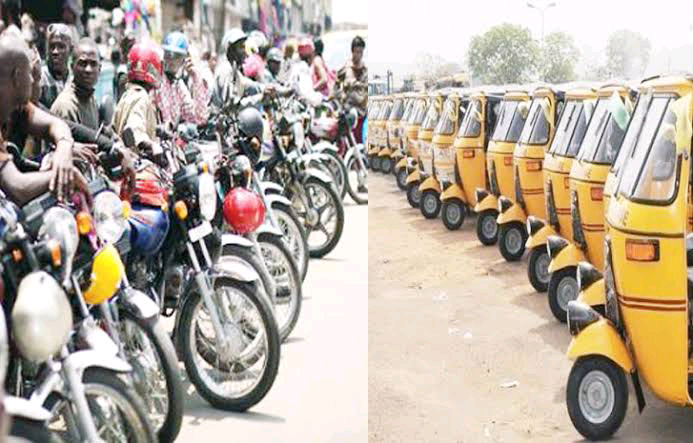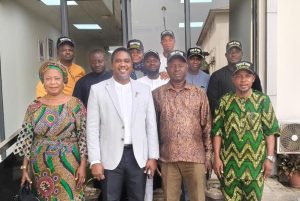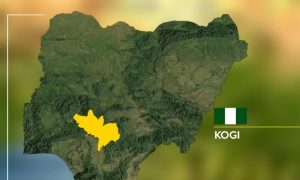Security: Kogi Commences Registration Of Commercial Transporters

In an effort to strengthen security by confronting security challenges in the State, the Kogi State Internal Revenue Service (KGIRS) has commenced the registration of over 10,000 commercial transporters.
Speaking with newsmen at the township stadium venue of the Lokoja registration centre on Monday, the Special Adviser to Kogi State Government on Security Matter, Jerry Omadara, said the registration of commercial transport operators in Kogi State was a new innovation approved by the Governor, Alhaji Yahaya Bello to curb issues of insecurity associated to the sector.
According to him, at the end of the registration of the transport operators in the state, over 4,000 taxis and mini buses will be captured while over 6,000 commercial tricycles and Motorcycles would also be captured to improve security of lives and property in the state.
“We have involved all the critical stakeholders in the transport business to see the benefits of the registration to the state and to their various unions. The registration will provide data for the state to enable government track down any stolen vehicles, motorcycles and tricycles.
“The data base can also be used to provide quality healthcare to the operators through the State Health Insurance Scheme of the State” he said.
Also speaking on the significance of the exercise, the Acting Chairman , KGIRS Mallam Yusufu Abubakar , disclosed that the process flow of registering each and every members of commercial transporters would availed the Service the opportunity to have their data, while it will enable the government to know the number of transporters operating within the confine of the state .
The Acting Chairman who stated that the registration would be carried out across the three senatorial districts of the State, urged passengers that patronize the commercial transporters to try and memorize the numbers assigned to the transporters to ease tracking whenever the need arises.
He advised the commercial transporters in the state to make themselves available for the registration within the stipulated period of two weeks, stressing that whoever refused to do that would not be able to operate in the state and such offenders would be penalize.





